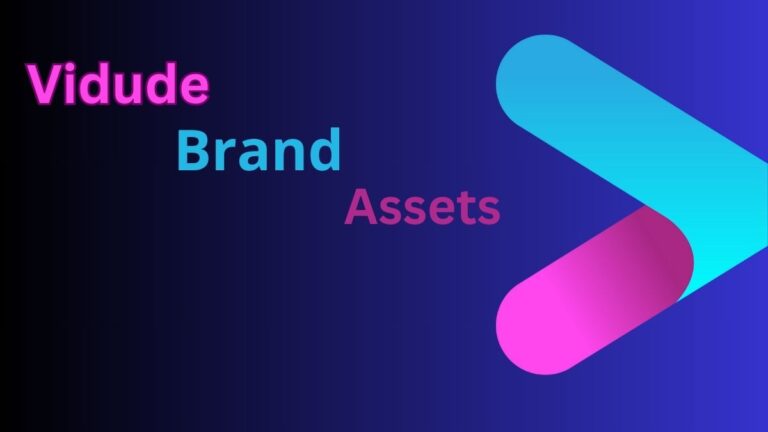Enhancing Financial Literacy: The Importance of Understanding Financial Modeling
Table of Contents:
- What Is Financial Modeling and Why Is It Relevant?
- The Building Blocks of Financial Models
- Using Financial Models to Evaluate Investment Opportunities
- Financial Modeling for Personal Finance Management
- Developing Skills in Financial Modeling
- Financial Modeling in Business Strategy and Operations
- The Role of Financial Technology in Financial Modeling
Key Takeaways:
- Mastering financial modeling equips individuals with the ability to analyze and make decisions about their financial future with confidence.
- Financial modeling skills extend beyond the professional space and into personal finance, aiding everyday people in managing their budgets and investments.
What Is Financial Modeling and Why Is It Relevant?
In finance, modeling is pivotal in accurately predicting and analyzing various entities’ financial actions and performance. These can be anything from individual assets and investment portfolios to entire businesses. Modeling involves developing intricate representations of a company’s economic activities while considering various complex variables that can significantly impact the outcomes. These models are crucial in formulating effective strategies and making informed financial decisions while considering the potential future consequences.
The Building Blocks of Financial Models
The three foundational financial statements that form the basis of any economic model are the balance sheet, income statement, and cash flow statement. These statements collectively provide a snapshot of a company’s financial status, offering valuable insights into its past, present, and potential future positioning. Accurate assumptions are crucial for building predictions in financial modeling, and they should be developed with a thorough analysis of market trends and historical data. To master financial modeling, one should have a good understanding of spreadsheet tools, and taking an Excel financial modeling course is a great way to enhance one’s financial literacy. In such a course, the building blocks of robust financial projections are dissected and explored using real-world scenarios. This knowledge can be invaluable as it equips individuals with the analytical prowess to navigate the often turbulent waters of personal and corporate finance. Microsoft Excel is a versatile tool for constructing, refining, and analyzing financial models due to its intuitive formulas and powerful computational abilities. Through Excel, the user can sculpt detailed and complex models illuminating various economic pathways and possibilities.
Using Financial Models to Evaluate Investment Opportunities
Financial models are essential for investors looking to assess the value and risks of potential investment options objectively. These quantitative tools offer a systematic approach to analyzing the profitability of projects or companies by factoring in detailed financial projections and market variables. Through rigorous valuation methods such as Discounted Cash Flow (DCF) analysis, comparative modeling, and sensitivity studies, investors can deduce the intrinsic value of an investment and the diversity of possible outcomes based on fluctuating market conditions. Rigorous financial modeling facilitates an informed comparison between potential investments, ensuring capital is allocated in a manner conducive to achieving optimal returns.
Financial Modeling for Personal Finance Management
Personal finance can significantly benefit from the proper implementation of financial modeling tools. Individuals can create personalized models that reflect many aspects of their financial health, such as income streams, expenses, savings rates, and investment returns. Economic models are an excellent tool for planning essential life milestones such as college tuition, home ownership, and retirement planning. They give a framework for simulating numerous scenarios and their outcomes, allowing people to set realistic goals and chart an intelligent road to achieve them. It will enable people to see the financial implications of their decisions before committing to a course of action.
Developing Skills in Financial Modeling
Like any other craft, financial modeling expertise is developed by study and practice. The growth of online educational platforms has made learning financial modeling easier. They offer a variety of courses, from beginning to advanced, and are frequently guided by industry specialists who can provide hands-on instruction. These courses, which include interactive workshops and in-person training sessions, offer a diverse approach to understanding and applying financial modeling approaches. The competency test is based on using these abilities in real-life circumstances, emphasizing the significance of regular practice—whether through simulations, case studies, or managing personal money utilizing these concepts.
Financial Modeling in Business Strategy and Operations
Financial models are vital in guiding strategy and operational decisions in a business context. They act as a bridge between abstract strategy and concrete financial plans, allowing companies to test the viability of different pathways before committing resources. Through forecasting sales, expenses, and cash flow, financial models provide a blueprint for growth, helping businesses to identify economic trends, size up the competition, and refine their market approach. Their predictive power comes into play when navigating economic uncertainty, enabling enterprises to pivot their strategies and operations accordingly to maintain stability and growth.
The Role of Financial Technology in Financial Modeling
The advancement of financial technology has dramatically revolutionized the field of financial modeling. New software, driven by increasingly powerful computational abilities, affords the modeler exceptional precision tools. These technological leaps have introduced efficiencies that streamline the modeling process, thus expanding the horizons for analyzing extensive data sets and interpreting complex financial phenomena. Advancements in AI and machine learning allow for predictive analytics in financial modeling, creating opportunities for data analysis and interpretation in an increasingly data-driven society.







